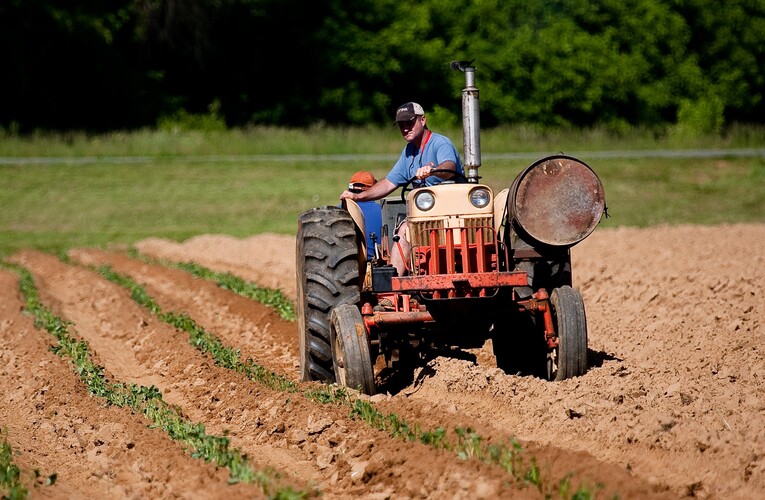Key workers - the term was not coined due to the COVID-19 pandemic, but it’s one we’re all aware of because of it. These are people whose work was deemed essential in the UK’s fight against the Coronavirus outbreak as their jobs provide vital services and goods. Food, medication, healthcare, emergency services, logistics, public transportation and waste disposal were all provided during lockdown thanks to our key workers.
The revelation isn’t so much that people acknowledged that “key workers” existed prior to the pandemic, it was more about understanding what is essential.
UNSKILLED BUT ESSENTIAL?
Many members of the UK workforce who were classified as key and essential workers also fell into the “low skilled or unskilled workers” category. The definition of a low skilled worker relates to an employee’s lack of qualifications and training, as well as their low salary. Thus, not “useless” or “incompetent” which is what the semantics of low-skilled implies, hence why “low-skilled” workers are incredibly stigmatised for doing “easy jobs”.
It wasn’t true before the pandemic, it wasn’t true during the height of the pandemic, and it won’t be true after the pandemic.
Implying that someone is low in their skill set because they’re on a low income, or have learnt on the job rather than studying prior to being employed, doesn’t actually correlate.
THE REALISATION
In the weeks before the official lockdown announcement on the evening of Monday, 23rd March, shameless stock-piling was putting immense strain on retailers and the rest of the supply chain to meet consumer demands – no matter how ridiculous.
But they did.
“Low-skilled” workers adapted and worked relentlessly to ensure the accessibility of the country’s food and medical supplies. Quickly, in-store grocery and pharmaceutical stock-levels stabilised, shoppers fell into the routine of being staggered and guided around the supermarkets, and a newfound respect for our so-called unskilled, but essential workforce, was acknowledged.
This wasn’t just people who were fortunate enough to stay at home feeling guilty about those who could not quarantine. The penny finally dropped as to how much work it takes for all these things we take for granted to happen, even in the modern world.
Buying groceries, having your bins collected, having your vulnerable loved ones cared for, and having a clean environment when out in public, are all ensured by “low-skilled” workers.
CRISIS PERSPECTIVE
That old cliché: “it takes times like this to appreciate what we take for granted” has never rung so true. Sadly, many key workers were not just taken for granted, but ridiculed, with their job roles finishing the sentence: “they are only a …”.
The hierarchy and value-system of the UK workforce is controversial, to say the least. Surely, all key workers should rank highly within this infrastructure?
- Medical professionals
- Grocery retail workers
- Cleaners
- Farmers
- Refuse collectors
- Emergency services workers
- Food production and warehouse operatives
- Delivery workers
- Transportation and logistics professionals
- And so many more!
Highly-paid with a long list of qualifications, or not, society benefits from the work all the above do. However, some people, before, and possibly after the COVID pandemic, think they have the right to demean certain key worker roles. They worked during a global pandemic for a reason, to ensure our survival, despite them being at far greater risk.
While we’re all hoping for the day this threat is eradicated, let’s not forget how much we owe to key workers.

